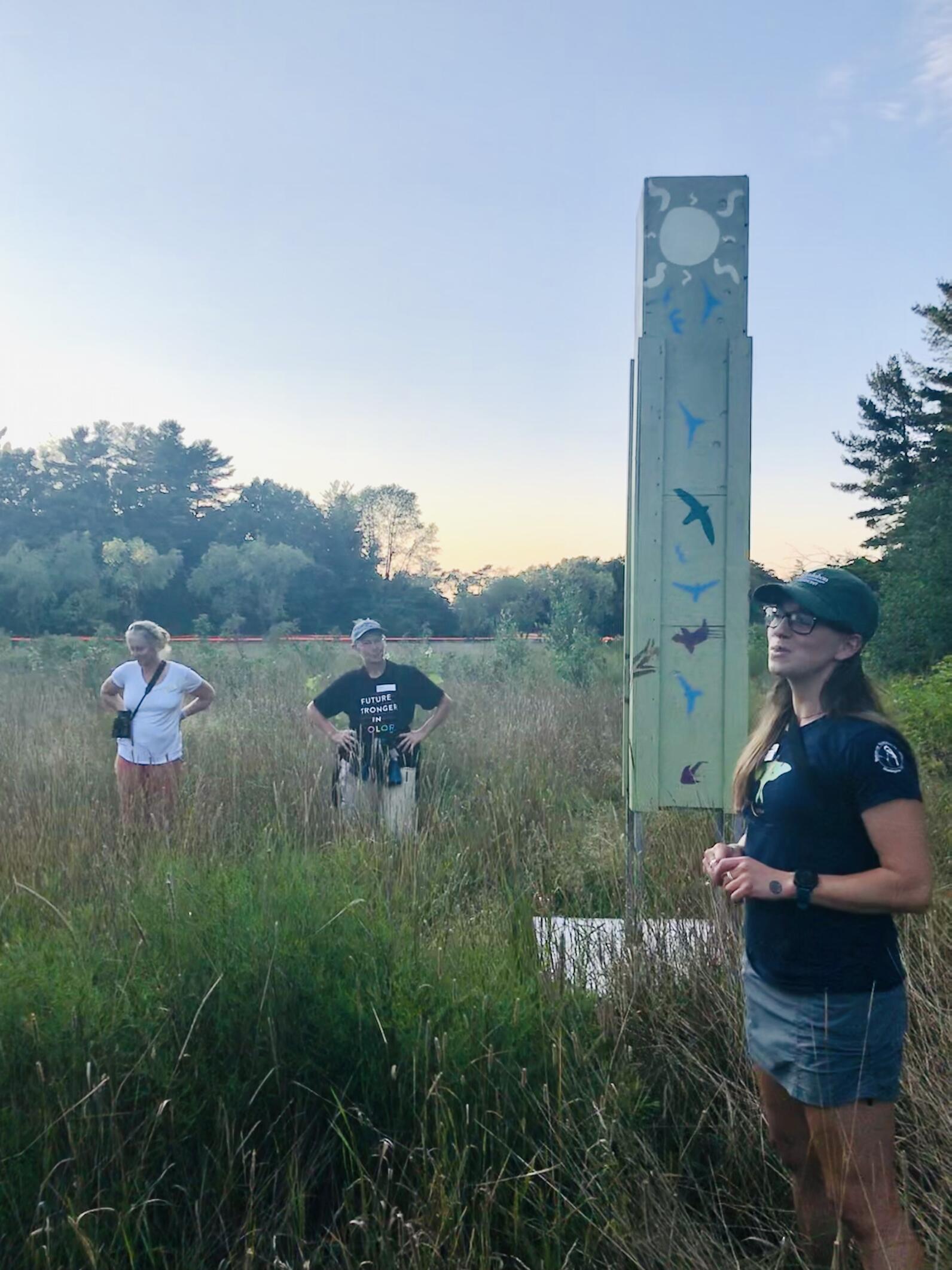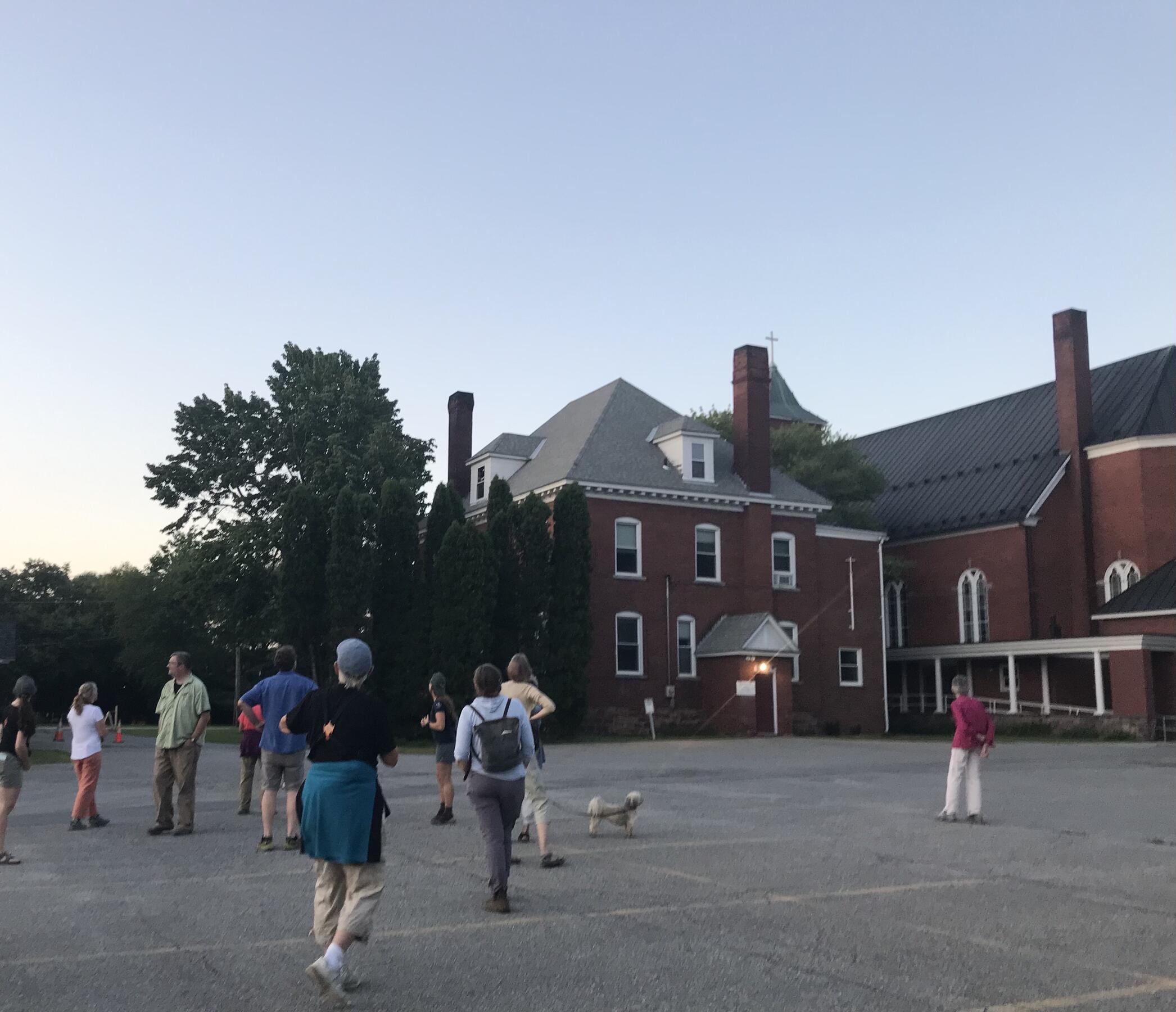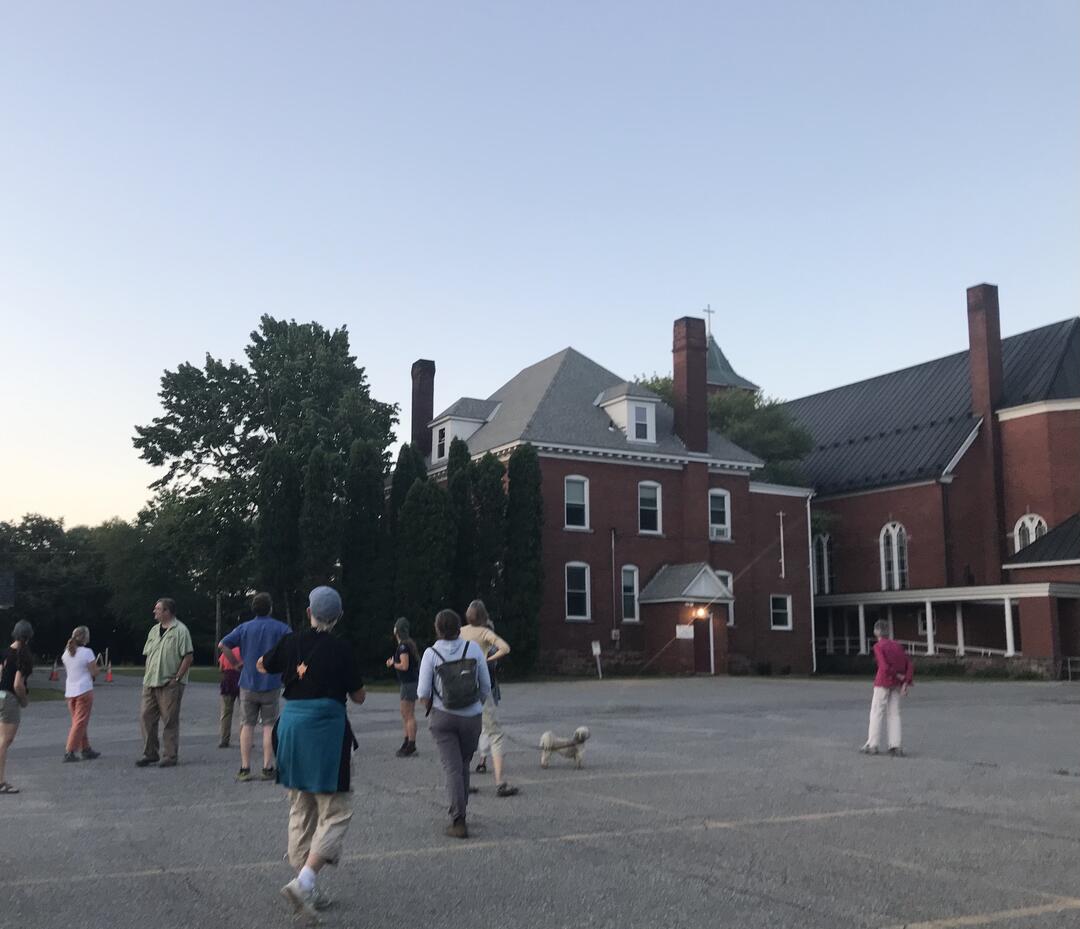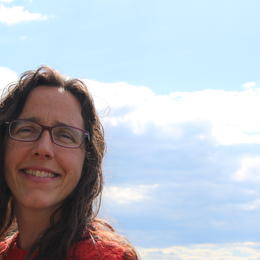This is the third year of our Chimney Swift Recovery Project and we need your help to locate their late-summer roosts and determine the timing of their migration.
Swifts will be heading south in the next couple of weeks so NOW is the time to get out and figure out where they’re gathering. Just before sunset is the perfect time to see them returning to their roosts. Looking for a birding buddy? We’ve got you covered! (More info: click here)
If you’re lucky enough to spot them, let us know! Comment here or submit your sighting on eBird.
More info on how to identify swifts and submit via eBird: https://vt.audubon.org/swift
Making the Mosquito-Swift Connection
Did you know that Chimney Swifts need to eat 1/3 of their own body weight every day to survive!?! That’s a whole lotta mosquitoes.
Thanks @bfp_news for helping folks make the mosquito connection and highlighting what you can do to help protect swifts. Read the full story: click here
Right now we need your help finding Swift roosting sites before the birds migrate south. They’ll be gone any day now!
What Else Can I Do to Help Chimney Swifts?
* Keep masonry or clay flue-tile chimney tops open and dampers closed from March through October to provide the opportunity for Chimney Swifts to nest.
* Have your chimney cleaned in early March before the Chimney Swifts return from their winter home in South America.
* Metal chimneys should be permanently capped to prevent birds and other wildlife from becoming trapped.
* Email us at mfowle@audubon.org if you are interested in working with local conservation groups to construct Chimney Swift Towers in your area.
* Educate your friends and neighbors about Chimney Swifts.








